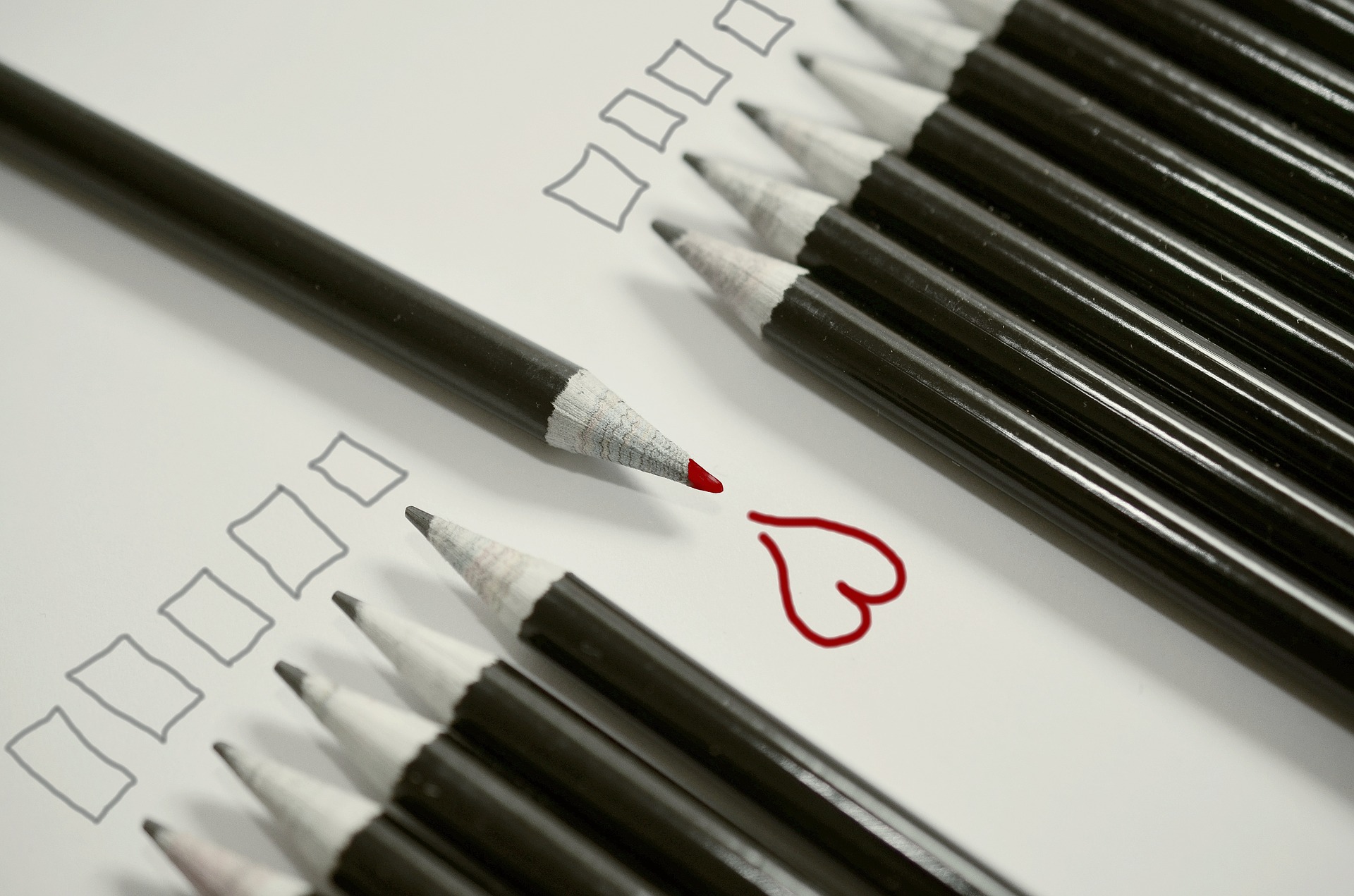
How Positive People Stop Debt From Ruining Their Mood

*Collaborative Post
If you owe someone money, it can be hard to focus on anything else. Being indebted to another person, business or organization is a drain on your emotions. Unfortunately, with wages in the doldrums, debt isn’t a choice for many people: it’s a necessity to buy the things you need.
If debt is a part of life and there’s nothing that can be done about it, then it begs the question of how is best to cope with it. Not all people living with debt feel miserable or anxious, so what can we learn from them?
Positive People Stay Active While In Debt
If you find yourself in debt, it can be tempting to use every available hour in the day to try to get the money together to work it off. But people with a positive attitude towards debt take a different approach. Yes, they work hard to pay it off, but they also find other outlets, such as exercise, to boost their mood. Nobody wants to sit in an office all day long, working extended over time – it’s not conducive to a healthy mental state.
Research suggests that getting regular exercise can help improve your mood. By staying active, you’ll make the time you do spend working all the more productive, contributing to making paying off your debts that much easier.

Positive People Stick To A Daily Routine
It can be hard to know what to focus on when you’re facing challenges with debt. Your attention can be all over the place. Sticking to a daily routine can help matters enormously. By doing the same things, day in, day out, you remain grounded in your regular work and can focus on the task at hand. Straying too far from your routine could undermine your efforts to clear your debt successfully. Without the right approach, you could end up losing sleep and not eating well.
Positive People Seek Legal Help
People who find themselves in debt aren’t without legal help. It turns out that there are several legitimate legal mechanisms that people can use to help them get out of debt, even if it seems to be much higher than their income.
Debt relief orders, for instance, are a special tool that people can use if they meet specific requirements, such as having low disposable income at the end of the month. You can get assistance with debt relief orders to see whether you’re eligible, and could potentially clear a large portion of your debt.
Often, people get into debt because of circumstances beyond their control. You might have had to meet healthcare costs, or somebody close to you might have abusively taken money from you.

Positive People Focus On The Debts They Can Control
Another trait of positive people is their ability to focus on the things that they can control. This focus extends to managing debts. There’s no point focusing on clearing debts over which you have no control. But there is a good rationale behind concentrating on outstanding loans that you can pay back: each loan that you repay makes other loan repayments easier. Take a look at your current debts and pay back those which are easier to manage.
Positive People Seek Advice From Professionals
Trying to deal with debts alone can be a challenge. Often, it’s not clear which debts you should pay first, or even which are valid.
Positive people go and seek advice from debt management professionals, either at a Citizens’ Advice Bureau or a bank. Getting the relevant information puts them in a much better position to manage debt issues as and when they arise.
There are also debt helplines designed to assist people living with lots of debt. These helplines can provide non-judgemental support to people who are struggling and outline options.
Positive People Write Down An Actionable Plan
When you’re stuck under a mountain of debt, it can be easy just to ignore it and hope it goes away. But positive people aren’t avoidant. Instead, they come up with a plan to deal with debt issues directly. One great way of doing this is by using a brain dump method to get all of your thoughts, concerns, ideas and plans down onto paper in order to be able to take action.

Part of that plan could involve a technique called snowballing. The idea here is to focus all of your efforts on paying off one particular loan while making the minimum repayments on all the others. A debt repayment plan could also involve seeking out additional sources of finance. Some banks, for instance, offer cheap or free overdrafts to account users, often up to £1,000 or more. You could also investigate zero percent loans on a car to replace your current interest-bearing loan.
*This is a collaborative post. For further information please refer to my disclosure page.




